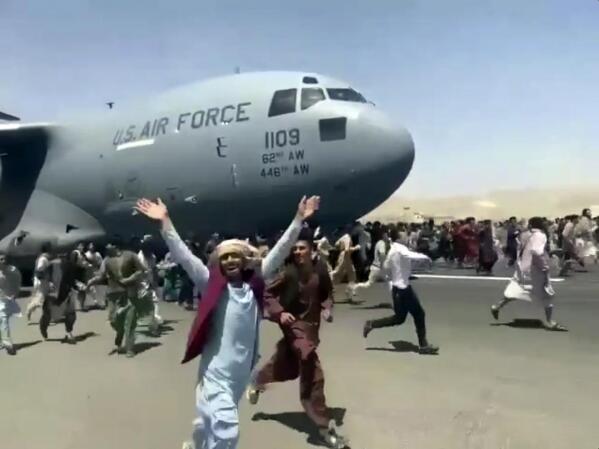And my point is if it isn’t a relevant degree than there isn’t much point.
History ( specifically what type of history they are studying, 15th-20th century history? Very relevant. 500 BC Greece? Not as much), is easy to argue for. English Lit? Do we need to waste 4 years of training just to attempt to learn how to argue effectively? Maybe a month or two course would be sufficient there.
I get the stretch argument for education, I have done the CAF education funding arguments, but if we are being realistic, we need to look at how much time and money is being outlaid for what value.
For a organization that is actively cutting core military training with the argument we can learn that later if we have to, we sure spend a lot of time and money on degrees of questionable value just to create degreed officers.
The CAF as an organization is obsessed with credentialism.
I say that as someone who used to be in the CAF and now works in an industry where even some of the most Senior Leadership of the Company doesn't have a University Degree.
They did all their learning on the ground and accumulated experience.
And we have an entire Cadre of officers that don't have degrees, learned everything on the job, and are given the same commission. Not saying that CFR is a sustainable production model for all officers, but, it definitely shoots the Degreed Officer Corps argument to shit and makes one question if we should be looking for qualities vice credentials in our junior leaders.
I think education is important but that education needs to be tailored to the job at hand.
The entire purpose of a Military College should be to school its Officers in the Art of War and the Officers should all receive a broad-based education in Military Tactics, War Theory, History, etc.
Industry does not require a degree for management, in fact some of the best bosses I have ever had don’t have degrees.
Some of these bosses have had careers where they finished them off as top of their departments in charge of all the maintenance in the mill, with well over 100 skilled tradesmen, engineers, and managers below them. I would dare someone to try and argue they are incompetent.
Most the management positions which require a degree as a starting point are in not results based jobs. They are a lot harder to measure the exact effect management is having over the employees. Industry is pretty easy to tell if your competent or not, and unlike many other careers will get rid of you quickly if your not competent.
Correct. MBAs are very popular in Government, Finance, Consulting, etc. They are not that prevalent in a lot of other Industries.
What I've found in my new industry is a lot of the "supporting cast" if you will, are the ones with the advanced degrees. The actual operations personnel though, and we are the ones who run the business and make the decisions (we also get paid the most). We receive our education on the ground. We go out, make things happen, and are rewarded with more challenging tasks to complete and promotions if we achieve our objectives.
There is value in education and I am convinced there is value in receiving a Military Education. I am wholely unconvinced the CAF wouldn't be better off creating their own education curriculum and awarding people who go through the program a "bachelor of military arts and sciences" in lieu of having them waste four years of their life studying "basket weaving"
The CAF does the opposite of what it should do. It offloads actual PD for its Officers and Senior NCOs until they are 15-20 years in to their career. Much too late and they miss the opportunity to saturate the mind at a young age.
I would suspect that the number of MBA students would suggest that there is a ceiling for those without MBAs (and the prerequisite education prior to that).
I would also suspect that the days of folks like your previous bosses are going by the wayside. I'm not saying that industry won't have management that didn't "rise from the ranks", but I'm guessing that those without post-secondary or MBAs will stop at middle management, at best.
MBAs target a very specific subsection of the private sector. Namely consulting and the financial industry. That so many Military Officers gravitate to that path post CAF says more about them and what they're comfortable with than it does about the actual value of an MBA itself.
I am personally interested in doing an MBA because I have an interest in it, and also for networking reasons

, not because it matters in my current occupation.


